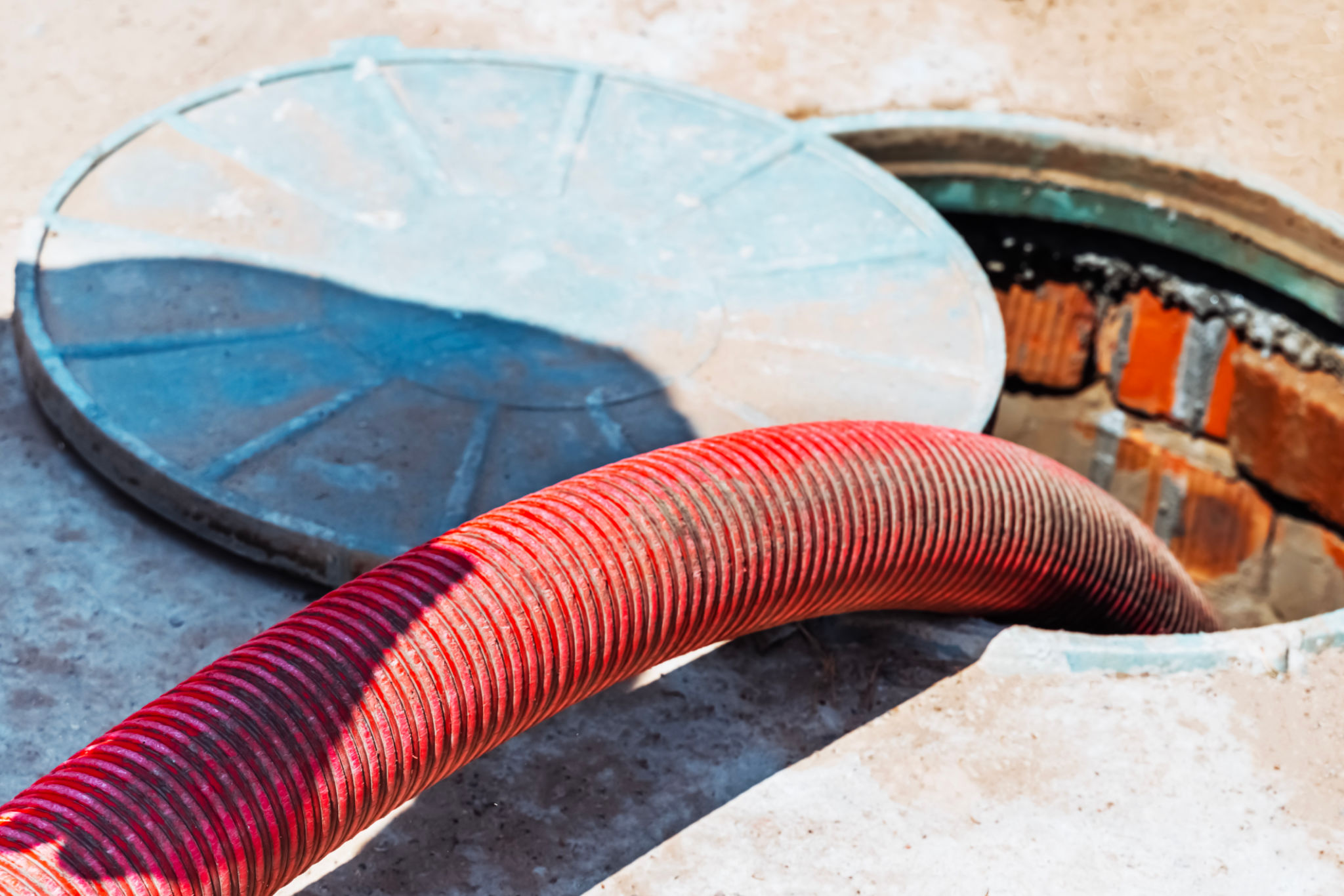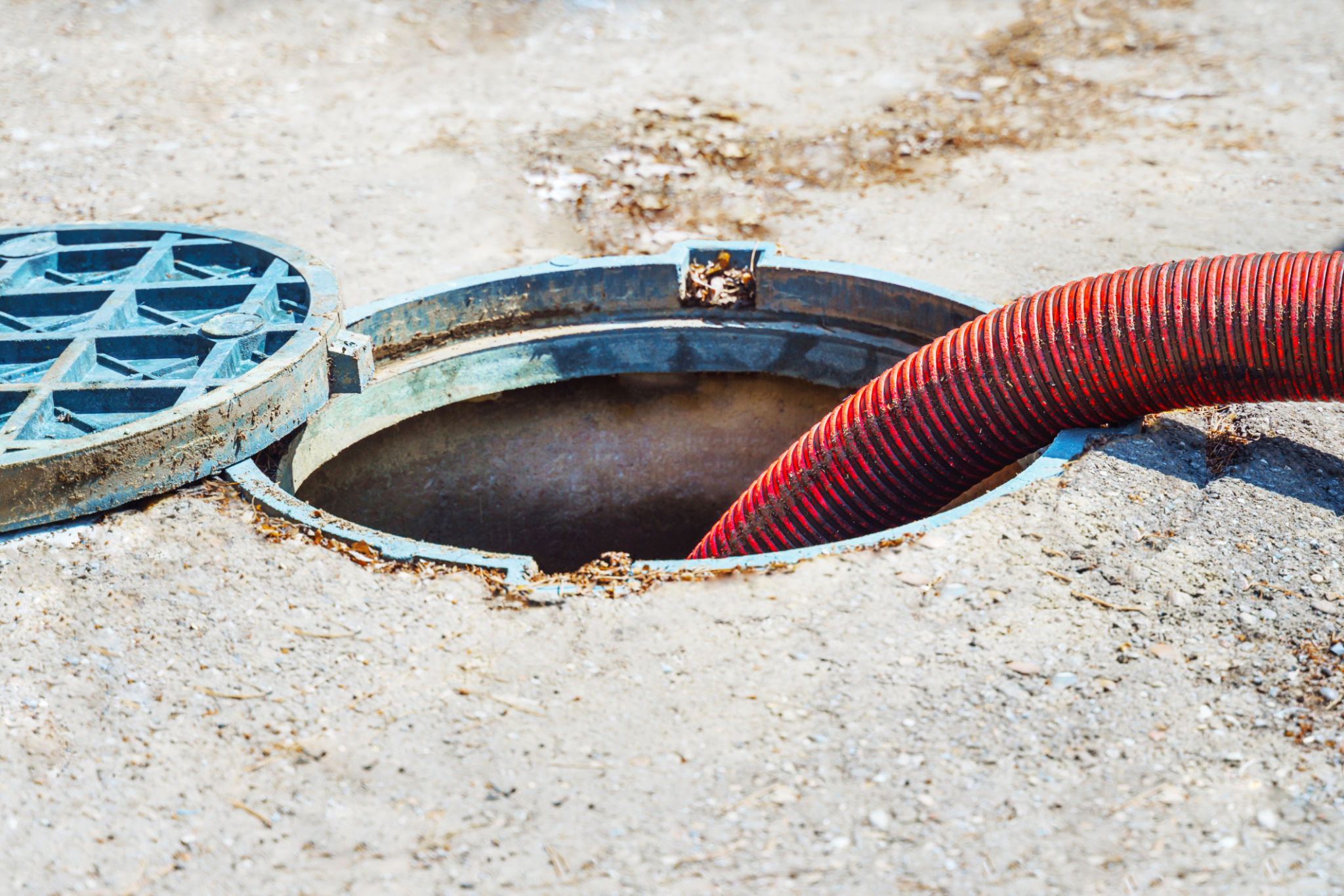Choosing Between Septic System Repair and Replacement: A Guide for Homeowners
Understanding Your Septic System
For many homeowners, especially those in rural areas, a septic system is an essential part of their home's infrastructure. However, like any other system, it can experience issues that require attention. Understanding whether to repair or replace your septic system is crucial in maintaining its efficiency and protecting your property.

Signs Your Septic System Needs Attention
Before deciding between repair and replacement, it's important to recognize the signs of a failing septic system. Common indicators include:
- Slow drains or backups in sinks and toilets.
- Unpleasant odors around your property.
- Pooling water or lush, green patches in your yard.
- Gurgling sounds in the plumbing system.
Assessing the Damage
Once you've identified potential issues, the next step is to assess the extent of the damage. An inspection by a professional can help determine the severity of the problem. Minor issues such as clogged pipes or minor leaks might only need repairs, while significant damage like a failing drain field could necessitate replacement.
When to Opt for Repair
Repairing a septic system is often more cost-effective and can be sufficient if the problem is isolated. Common repairs include:
- Pumping the tank: Regular pumping can prevent overflow and backups.
- Fixing leaks: Repairing minor leaks can extend the life of your system.
- Addressing clogs: Clearing blockages in pipes can restore proper function.

When Replacement is Necessary
In some cases, replacing the entire septic system is the best option. This is usually necessary when:
- The system is old and has reached the end of its lifespan (typically 20-30 years).
- The drain field is failing or completely saturated.
- Frequent repairs are no longer effective or are becoming too costly.
Cost Considerations
The decision between repair and replacement often comes down to cost. While repairs are generally less expensive upfront, repeated fixes can add up over time. A complete replacement may have a higher initial cost but can save money in the long run by eliminating frequent repairs and improving efficiency.

Environmental Impact
Another factor to consider is the environmental impact. A failing septic system can contaminate local water sources and harm wildlife. Ensuring your system is functioning properly helps protect the environment and comply with local regulations.
Consulting with Professionals
Ultimately, making an informed decision involves consulting with professionals who can provide expert advice tailored to your situation. They can offer insights into the condition of your system and recommend the best course of action based on their findings.
By understanding when to repair or replace your septic system, you can ensure its longevity and efficiency, safeguarding both your property and the environment for years to come.
